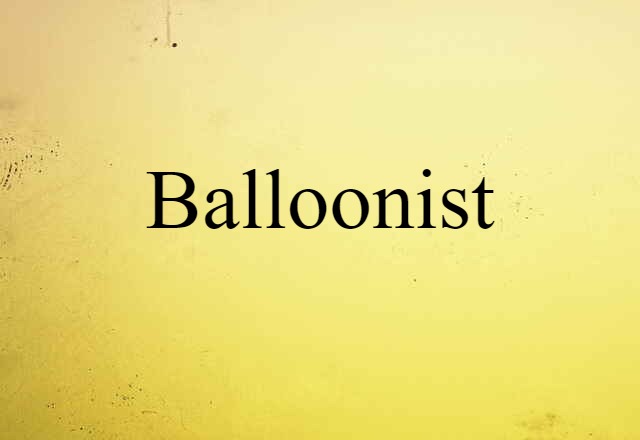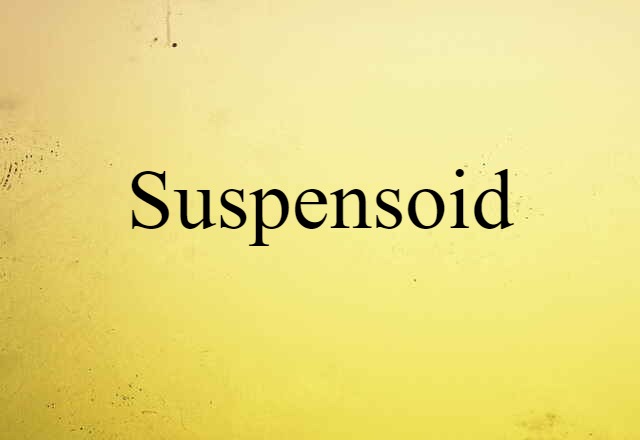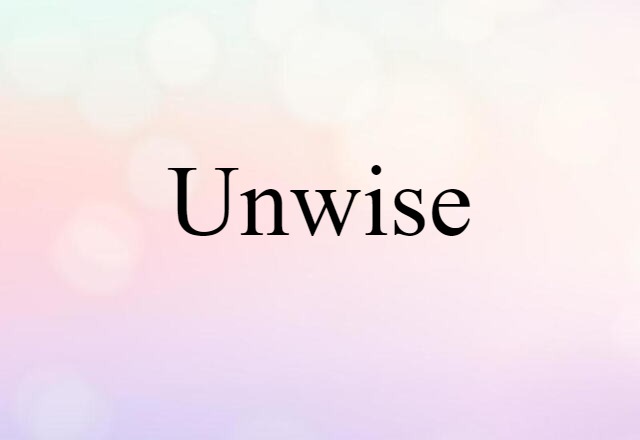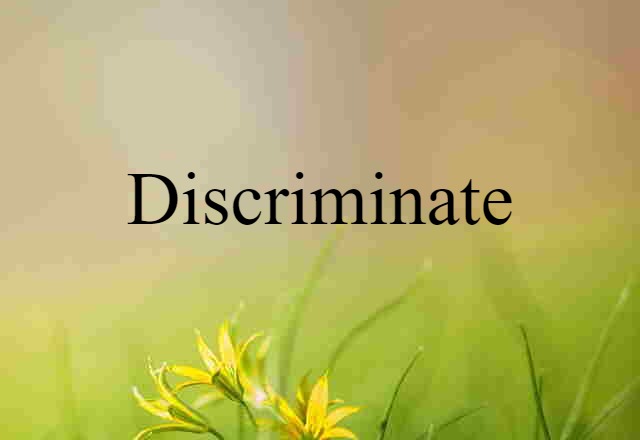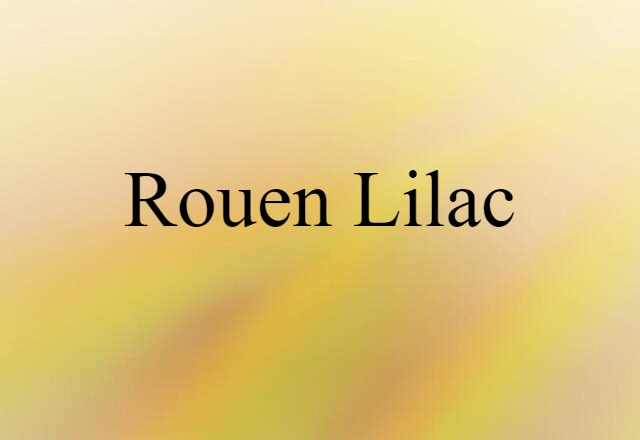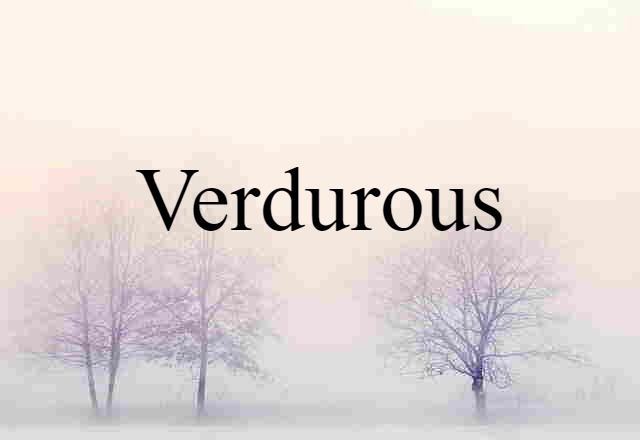- opposite or contrary in position, direction, order, or character: an impression reverse to what was intended; in reverse sequence.
- with the back or rear part toward the observer: the reverse side of a fabric.
- pertaining to or producing movement in a mechanism opposite to that made under ordinary running conditions: a reverse gear; a reverse turbine.
- acting in a manner opposite or contrary to that which is usual, as an appliance or apparatus.
- noting or pertaining to an image like that seen in a mirror; backward; reversed.
- noting or pertaining to printed matter in which what is normally white, as the page of a book, appears as black, and vice versa.
- the opposite or contrary of something.
- the back or rear of anything.
- Numismatics.
- the side of a coin, medal, etc., that does not bear the principal design (opposed to obverse).
- the side of an ancient coin that was struck by the upper die.
- an adverse change of fortune; a misfortune, check, or defeat: to meet with an unexpected reverse.
- Machinery.
- the condition of being reversed: to throw an engine into reverse.
- a reversing mechanism.
- a play on offense in which one back running laterally hands the ball to another back who is running in the opposite direction and who then makes either an end run or a cutback.
- reverse bid.
- printed matter in which areas that normally appear as white are printed in black, and vice versa.
- to turn in an opposite position; transpose: The printer accidently reversed two chapters of the book.
- to turn in the opposite direction; send on the opposite course.
- to turn inside out or upside down.
- to change the direction of running of (a mechanism).
- to cause (a mechanism) to run in a direction opposite to that in which it commonly runs.
- to revoke or annul (a decree, judgment, etc.): to reverse a verdict.
- to alter to the opposite in character or tendency; change completely.
- to turn in the opposite order: to reverse the process of evolution.
- to print as a reverse.
- to shift into reverse gear: The driver drove forward, then reversed.
- (of a mechanism) to be reversed.
- to turn or move in the opposite or contrary direction, as in dancing.
- to make a reverse bid.
- to turn or set in an opposite direction, order, or position
- to change into something different or contrary; alter completely
- to move or cause to move backwards or in an opposite direction
- to run (machinery, etc) in the opposite direction to normal
- to turn inside out
- to revoke or set aside (a judgment, decree, etc); annul
- to print from plates so made that white lettering or design of (a page, text, display, etc) appears on a black or coloured background
- to turn one's arms upside down, esp as a token of mourning
- to make a telephone call at the recipient's expense
- the opposite or contrary of something
- the back or rear side of something
- a change to an opposite position, state, or direction
- a change for the worse; setback or defeat
- the mechanism or gears by which machinery, a vehicle, etc, can be made to reverse its direction
- (as modifier)
- the side of a coin bearing a secondary design
- printed matter in which normally black or coloured areas, esp lettering, appear white, and vice versa
- (as modifier)
- in an opposite or backward direction
- emphatically not; not at all
- opposite or contrary in direction, position, order, nature, etc; turned backwards
- back to front; inverted
- operating or moving in a manner contrary to that which is usual
- denoting or relating to a mirror image
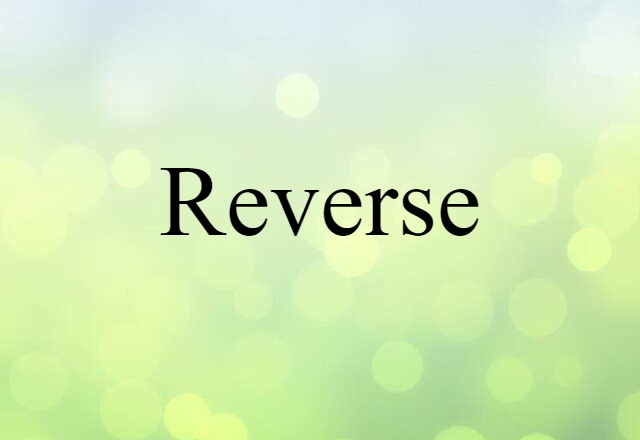
More Definitions
- COTTAGE HOSPITAL (noun) Definition, Meaning & Examples
- BALLOONIST (noun) Definition, Meaning & Examples
- ANGULAR FREQUENCY (noun) Definition, Meaning & Examples
- PLASMALOGEN (noun) Definition, Meaning & Examples
- SUSPENSOID (noun) Definition, Meaning & Examples
- SHF (noun) Definition, Meaning & Examples

